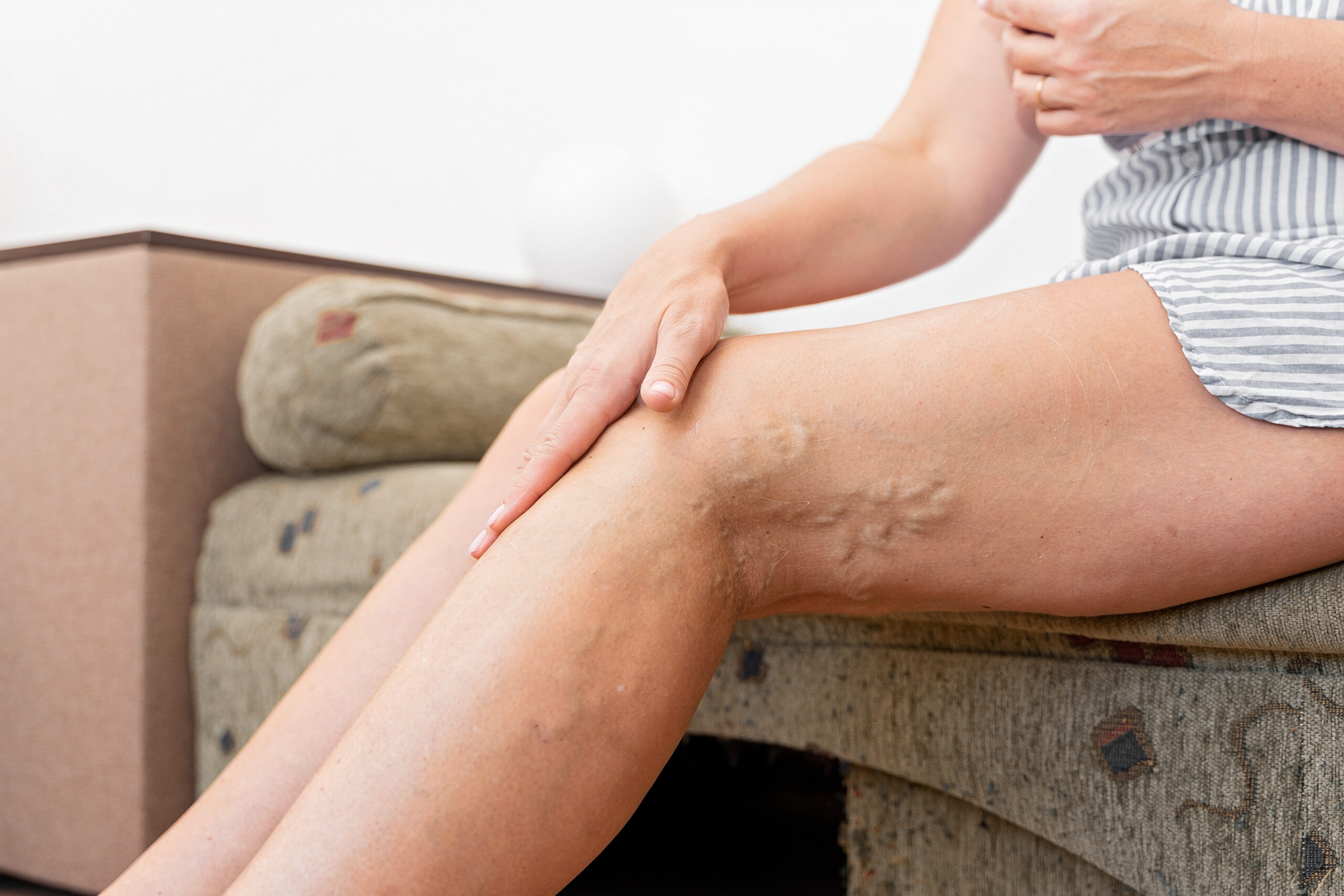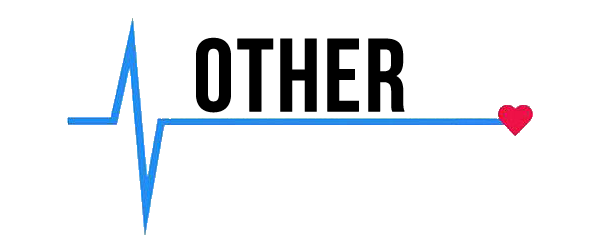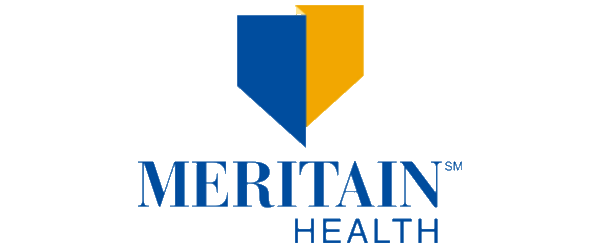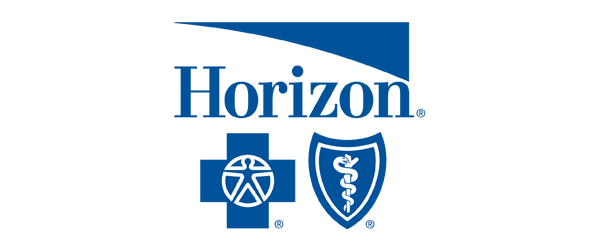Consult a vein specialist as soon as you notice the pain from bulging veins or other venous issues. In addition to leg swelling, cramping, itching, and fatigue, they can also assess your vein symptoms.
As well as making recommendations on when to receive vein treatment, they can also offer advice. In order to achieve the best health outcomes, early intervention is usually recommended.
You can also receive minimally invasive, office-based vein treatments to alleviate symptoms and reduce health risks such as blood clots and ulcers — all by searching for and discovering the best doctor for varicose veins.
Before Treatment for Bulging Veins, Ask These Questions
Your vein specialist will conduct a physical examination, order imaging tests as necessary, and review your medical history before making personalized treatment recommendations for bulging veins.
Your center for varicose veins should be able to answer any questions you have about their personal medical background, the health of your veins, or any recommended treatments.
Here are some questions to ask your vein specialist:
- During my recovery, what can I expect?
- Is there a way to prevent vein problems in the future?
- Treatments have many benefits, but what are they?
- In what ways can I be treated?
- Do you perform vein treatments for a long time?
- What is the pain associated with vein treatment?
Chronic venous insufficiency specialists are here to answer all of your most pertinent questions.
Varicose and Bulging Veins vs. Spider Veins
Because veins are responsible for carrying blood that is low in oxygen to the heart and lungs, bulging veins are a health issue that needs to be addressed. Pools of blood can bulge these veins when this system fails.
Varicose veins are bulging veins that appear on the surface of the skin, and they are often accompanied by other symptoms such as aching, heavy, and tired limbs. The thighs and legs are the most common places to find them.
They can also be found deeper beneath your skin’s surface. Due to damaged valves in varicose veins, more blood is held at a higher pressure than normal. A swollen leg and tired, achy feeling are caused by this extra pressure.
A ruptured vein may cause an ulcer on the skin in rare cases. A blood backup can also cause blood clots and vein infections if varicose veins are left untreated. The numbness in some patients’ legs can prevent them from detecting leg injuries because of varicose veins. Searching for the best doctor for varicose veins should be your priority.
It’s possible that varicose veins are more common in some families, which means they are inherited. Varicose veins are caused by increased vein pressure. In addition to being overweight or obese, being older, being female, inactive, having leg injuries, smoking, or taking hormone replacement therapy, there are several other factors that may increase blood pressure.
Spider Veins
It is also common to see smaller veins on the surface of the skin that look like a spider’s web with many fine, short lines. Foot, ankle, calves, and thigh sprains are the most common, but they can also occur on the face.
It is possible for both types of veins to occur in men and women at any age, but women who are of childbearing age or older are more likely to suffer from them. A person’s risk of developing spider veins or varicose veins is also increased if they come from a family with these disorders. Various studies have examined whether varicose veins increase the risk of deep venous thrombosis (DVT), pulmonary embolism (PE), or peripheral artery disease (PAD).
Varicose veins can be reduced or eradicated with a treatment plan designed by a doctor for veins in legs.
Selecting a Vein Specialist
The process of choosing a vein specialist can be intimidating for some patients, even though treatment for bulging veins can quickly reduce your suffering. Below are some suggestions on how to choose the best doctor for varicose veins, including what qualifications to look for in a vein specialist or doctor, along with why it is important to visit an accredited facility for treatment.
An expert in vein care may be able to provide you with excellent care. It is imperative that a specialist’s entire team is highly skilled, extremely experienced, and unfailingly compassionate. Together, you and your provider should strive to alleviate your pain and discomfort and improve your quality of life.
Choosing a professional center for varicose veins should be based on several factors. Additionally, they consider softer skills like trustworthiness and compassion, as well as medical expertise.
Training and Experience to Treat Bulging Veins
A varicose vein specialist specializes in diagnosing and treating bulging veins and related problems, including spider veins, varicose veins, venous stasis ulcers, and deep vein thrombosis. Although varicose veins and spider veins are rarely treated by vein surgery, vascular surgeons also treat venous conditions.
The treatment of vein disease is the specialty of a vein specialist. We might find it helpful to discuss what this entails in order to better understand what this means. Following medical school, students typically complete an internship followed by a residency. In order to practice medicine, they must pass a state licensing exam.
In addition to this, some doctors may choose to specialize in a very particular field, such as chronic venous insufficiency specialists — which requires additional medical training. Board certification involves demonstrating a mastery of advanced knowledge and skills. This is done through written, practical, and other criteria once a physician has completed medical school and postgraduate training. Physician specialists in the United States are certified by more than 24 boards.
Despite having received medical training, there is no doubt that real-life experience can hone doctors’ skills further. Ask a vein specialist how long they have provided vascular treatment and care. This will help you determine how much experience they have.
A doctor for veins in legs — one who has experience — usually believes in being fully transparent about their experience up front. To learn more about the unique backgrounds and qualifications of providers, you should be able to easily view their individual profiles.
Accreditation, Facilities, and Practice
Before providing quality care for bulging veins, medical facilities must receive accreditation. Hospitals and imaging facilities that perform vascular testing undergo evaluation. Then, they receive accreditation for a period of time.
Without modern state-of-the-art equipment, even the best doctor for varicose veins would find it difficult to provide leading-edge vein treatment. It’s important doctors consider the latest techniques and technologies. This way patients can receive treatments that are as minimally invasive and as comfortable as possible.
Real-time ultrasound imaging should guide some minimally invasive office-based vein treatments, including endovenous laser treatment.
Find a Caring Doctor for Bulging Veins
Location is an important factor to consider when choosing a specialist to treat your bulging veins. Most likely, you will require several appointments. These include an initial consultation, the actual treatment, and follow-up care if necessary. It is convenient for many patients to choose a provider with a network of treatment facilities.
When making health-related decisions, trusting your doctor and the center for varicose veins that the doctor works at is crucial. You should be able to discuss a range of treatment options and receive specific recommendations from the vein specialist you choose. Your doctor will consider a variety of factors when making recommendations. These factors include your health history, medical imaging, lifestyle, and other related factors.
The expertise of vein specialists with extensive medical training and treatment experience has already been demonstrated. A vein specialist can evaluate your vein health, provide personalized treatment recommendations, and provide ongoing care to prevent additional problems. Consider seeking a second opinion if you are uncomfortable with a recommended treatment.
For your unique situation, you’ll need chronic venous insufficiency specialists who can work individually with you. It is impossible to find a vein treatment that is right for everyone. A quality doctor will evaluate your symptoms, discuss your options, and determine the best fit for your needs. Besides caring about you as a patient, they also care about you as a person.
Wellness and Pain Can Help
A range of options for bulging veins are available at Wellness and Pain. We offer conservative treatments, routine visits, and minimally invasive quick-recovery procedures. We can keep you free of problems by providing lifestyle education and home care advice to help you avoid and manage issues, quickly relieving the inhibiting lifestyle conditions when complications arise.
At Wellness and Pain, we personalize patient care plans based on each patient’s condition and unique circumstances to relieve pain, improve mobility and mental space, and improve your overall health.











